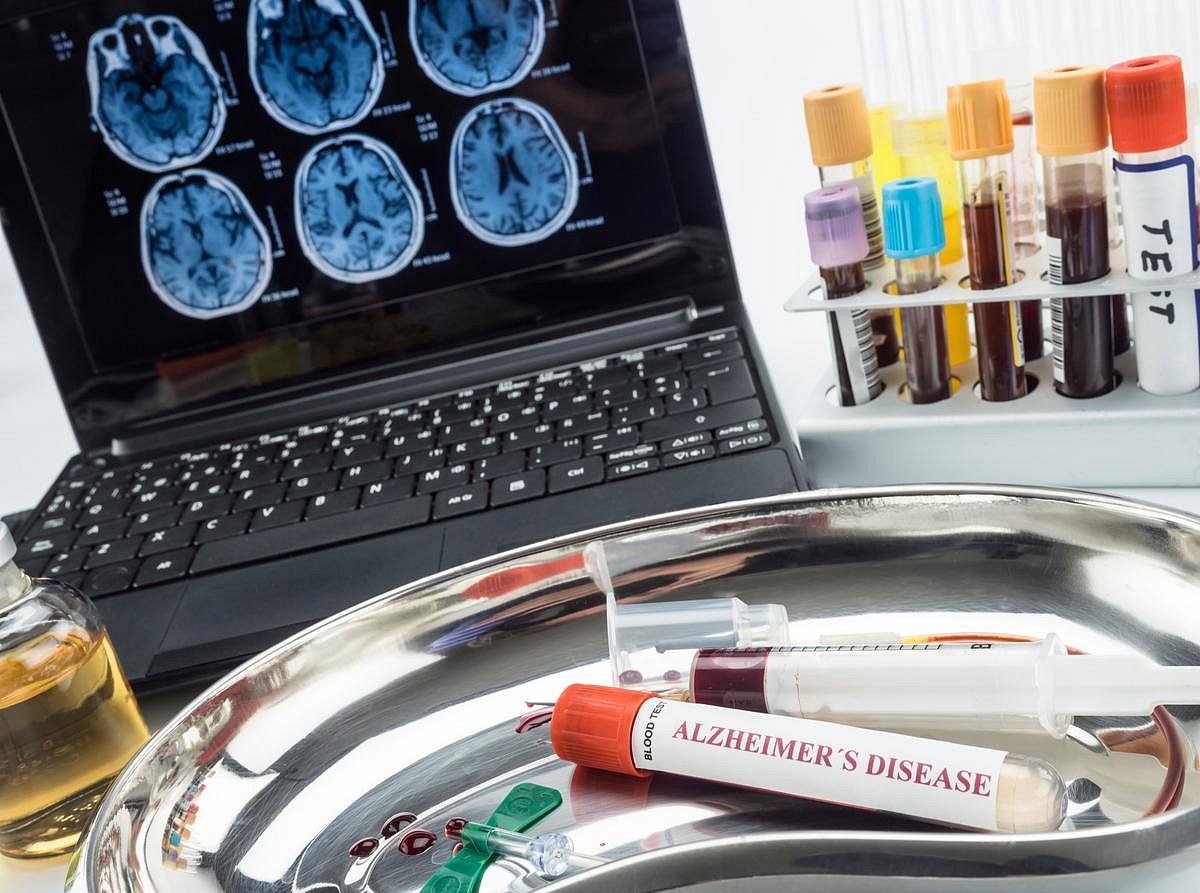Get Healthy!

- Dennis Thompson
- Posted May 15, 2025
Alzheimer’s Drug Can Be Safely Administered In Memory Clinics, Study Says
The 2023 approval of the first drug shown to slow the progression of Alzheimer’s disease came with no small amount of concern from skeptics.
Lecanemab (Leqembi) modestly slows Alzheimer’s by helping the body flush out amyloid beta proteins associated with toxic plaques in the brain.
But in clinical trials the drug also came with a risk of brain swelling and bleeding among patients.
Now, a new real-world study has shown that doctors can effectively control these potentially dangerous side effects, researchers reported May 12 in JAMA Neurology.
“Fear surrounding the drug’s potential side effects can lead to treatment delays,” co-senior researcher Dr. Barbara Joy Snider, a professor of neurology at Washington University School of Medicine in St. Louis, said in a news release.
The findings show that memory clinics can have “the infrastructure and expertise to safely administer and care for patients on lecanemab, including the few who may experience severe side effects,” Snider said.
For the study, researchers tracked the progress of 234 patients with very mild or mild Alzheimer’s receiving lecanemab infusions at Washington University’s Memory Diagnostic Center. These patients were treated between August 2023 and October 2024.
Of the 194 patients at risk for brain swelling or bleeding, 22% developed those side effects while receiving lecanemab, results show.
Most of these cases did not show any symptoms and were only discovered on brain scans, researchers said.
Of 11 patients who developed symptoms from brain swelling or bleeding, the effects largely resolved within a few months, researchers said. No patients died.
Ultimately, only about 4% of all the patients wound up stopping lecanemab treatment due to brain swelling or bleeding, results show.
Likewise, only 1% experienced severe side effects that required hospitalization, researchers said.
“Most patients on lecanemab tolerate the drug well,” co-senior researcher Dr. Suzanne Schindler, an associate professor of neurology at Washington University School of Medicine in St. Louis, said in a news release.
“This report may help patients and providers better understand the risks of treatment, which are lower in patients with very mild symptoms of Alzheimer’s,” Schindler added.
More information
Yale Medicine has more on lecanemab.
SOURCE: Washington University School of Medicine in St. Louis, news release, May 9, 2025








